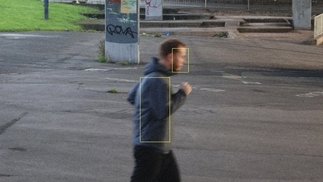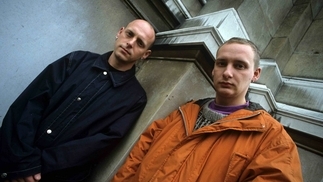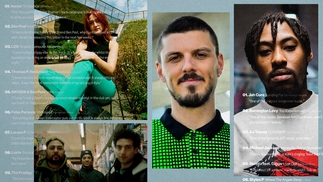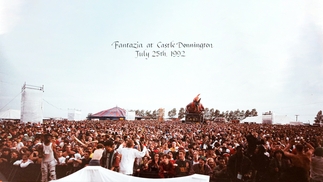GAME CHANGER: STANTON WARRIORS 'STANTON SESSIONS VOL 1'
We chat to infamous breakbeat duo Stanton Warriors about their seminal mix/comp, 'Stanton Sessions Vol 1'
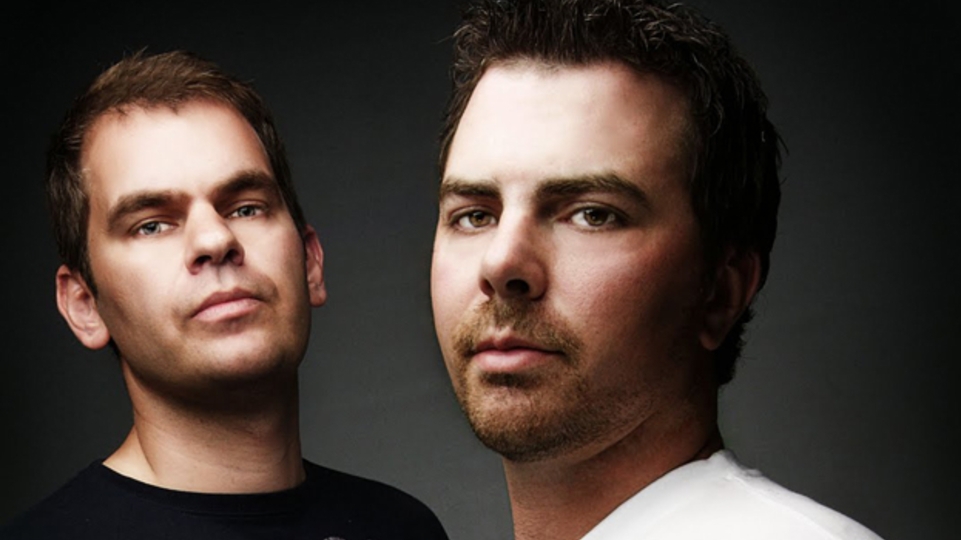
Mark Yardley and Dominic Butler, aka the Stanton Warriors, met at the Fifty First State garage label/studio complex in London in the mid-1990s, although they subsequently worked out that they’d been to some of the same parties in the West Country — where they were both from initially — back in the day.
“A lot of Junior Boys Own stuff was made at Fifty First State, Tuff Jam had a label down there, I was the A&R and Mark was the in-house engineer,” Dominic Butler remembers.
“Early UK garage at that time was basically like the dubbier end of American garage, American house sounds of the MK, Kerri Chandler variety — adding UK basslines and stuff to them,” he continues. “I’d been a DJ and promoter in Bristol, did a university music course in London and got the A&R job straight away. One day Mark and I thought, ‘Hang on, I’ve got ideas and you’re an engineer, rather than give said ideas away to other people which you just engineer, why don’t we do a track ourselves on some down-time?'”
After about four hours they had a vocal garage track called 'What You Gonna Do?’, which Dom presented at the next A&R meeting — pretending it was by someone else. “They wanted to sign it, so I admitted it was by us,” says Dom. “They said, ‘What you gonna call yourselves?’ We had no idea, but Mark had tripped over a drain cover on Tower Bridge on the way to the studio that day, and cut his knee. It had ‘Stanton Warrior’ written on it, so we thought ‘Yeah, that’ll do’. Thanks to that cut knee, we inadvertently had a good name kicking-off.”
The track headed up their debut ‘Headz of State EP' and got a lot of radio play, and they followed it up with a fresh n' fly revamp of American DJ/producer DJ Skribble's 'Everybody Come On'. “We liked the garage stuff, but after that we did some more diverse stuff, cos we also loved abstract electro stuff and hip-hop and deep house and all these other sounds, and we were determined from the start not to be pigeonholed into one genre,” Dom recalls.
They made 'Da Virus', populated by tuff beats and a familiar flittering synth that brought it closer to old hardcore, and signed it to Mob Records — a breakbeat label run by DJ Tayo. They followed it up with 'Da Antidote', pivoted around a neo-trancey melody, and found that these tracks crossed over assorted other genres. “They were played by not just garage guys, cos they had the bassline and the attitude for them to like it, but also house guys like Sasha and Tom Middleton liked it as well cos it was different,” Dom recalls. “Then yer Pete Tongs liked it as well, and people like Ashley Beedle who were into more leftfield kinda stuff.”
They scored remixes off the back of the underground success of this twin pairing of releases, turning Basement Jaxx's 'Jump & Shout' into a ragga-breakbeat thang, and people started asking them what they called their music. “We literally didn’t have an answer, and we didn’t really want to answer it cos we didn’t really want to pigeon-hole ourselves,” says Dom.
To answer the question as to what they called their music, Dom and Mark got all the tunes they liked from different genres and whacked them into a mix. “Did we do it in one take? Yeah, I think so, cos back then in 2000 there wasn’t Ableton and stuff, and we were proficient mixers so we did a nice clean mix. We might’ve done a couple of takes, but it was done live — you can hear the crackle on the mix. We did it at my home on two decks, using a lot of dubplates.”
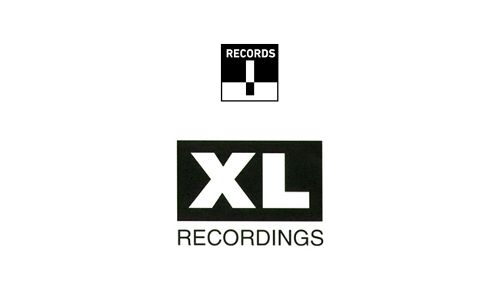
That mix got heard by someone from XL Recordings, the home of The Prodigy, who wanted to sign it, so it became a compilation — ‘Stanton Sessions Vol 1’. The guys then had to get various tracks cleared, and the variety of tracks from different genres was immediately noticeable. “There were tracks in there by Shut Up & Dance, Layo & Bushwacka!, tech stuff, funk stuff, Groove Chronicles, two-step stuff, even Masters At Work under the name Sole Fusion,” rattles off Dom. “All these different things normally wouldn’t be seen in the same genre, but actually they were linked together by the fact that the beats weren’t 4/4 and had their own kind of attitude. Plus with our own productions, we managed to weave together, inadvertently, our own sound.”
Dom claims that he thought nobody else would like it apart from them when the mix was finished. “It wasn’t like we were trying to please anybody, we weren’t going ‘Let’s copy Carl Cox, let’s copy Fatboy Slim’ or whatever,” he says. “I think cos we’re from the West Country and Bristol, we had that attitude that people we looked up to like the Wild Bunch and Roni Size had — the attitude of doing your own thing, and not really copying other people.
The Wild Bunch mixed hip-hop basslines with acid lines, and everyone said ‘You can’t do that’, but they did it. Roni Size mixed jazz and drum & bass and nobody had done it before, and yet he did it. We had, I suppose in a way, that punkish attitude to doing things our own way. We didn't have that London attitude of 'You have to be this, that or the other', we weren't from any scene.”
The comp blew up, and changed everything for the Stantons. “We had everyone knocking on our door, we had a big bidding war by virtually every major label trying to sign us, we had a big manager straight after it — Garry Blackburn, Fatboy Slim's manager,” Dom says.
DJ Mag put the Stantons on the cover just before the comp's release in 2001 (see pic) — “breakbeat garage to blow ya head off” was the headline — and it went on to win loads of awards. “It won the prestigious DanceStar award, beating your Danny Tenaglias and everyone else, and then it won the Muzik magazine DJ Mix award at their awards thing, a Radio 1 award, a Time Out award and so on,” says Dom. “Suddenly, from living on £100 a week as studio A&R hustlers, we were DJing all over the world really quickly — and it's stayed that way for 15 years!”
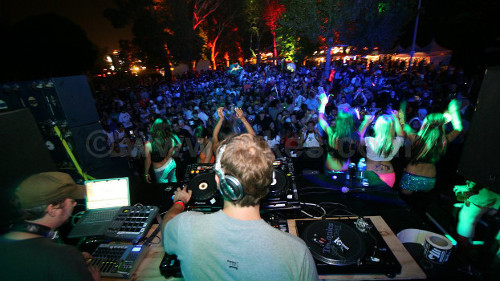
“Even though we were doing our own thing, we had people like Groove Armada, Darren Emerson and all sorts of people checking us out,” Dom continues. “One of the mixes on the actual 'Stanton Sessions' album was a Busta Rhymes acapella over a 'Virus' beat, and that became a song in itself and went Top 20 — it just started off as a live mix. We heard The Streets on a pirate radio station before anyone knew him, got an acapella and put it over an early Zinc breakbeat tune, and that became a tune in itself too.”
The comp changed the game for the Stantons, but who else did it change the game for? Well, it certainly re-popularised the trend for re-edits that house playaz like Danny Krivit and Greg Wilson had long been doing, and catalysed a moment in time, post-Millennium, when garage, nu skool breaks, progressive house and what was left of big beat were coalescing and cross-pollinating, throwing out tracks like Zinc's '138 Trek', Wookie's 'Battle' and Azzido Da Bass' 'Doom's Night (Timo Maas Remix)'.
“It helped that sound, underground people were maybe influenced by the comp,” reckons Dom. “People who we look up to and respect name-checked that album — people like Eats Everything, even Disclosure were bigging up 'Bring Me Down', which was a track we did around the same time. It wasn't actually on the album but it was a garage tune we did, a 4/4 thing, that they name-checked as influencing their album. Flattering for us.”
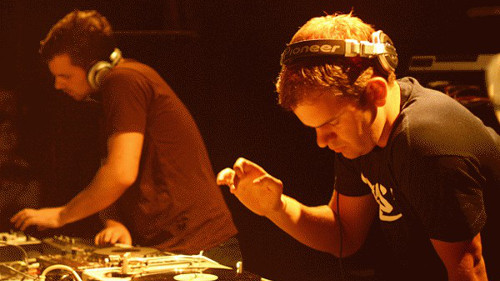
After the comp came out, the Stantons got a big record deal off the back of it, signing for 679 Records — a subsidiary of Warners — at the same time as The Streets. The deal didn't work out — “they really wanted Top 10 tunes, or nothing” — and after they parted company the Stantons were able to put out the tunes they wanted to, like booty-shakers 'Pop Ya Cork' and 'Shake It Up'.
As the years went on, a Stantons DJ set would continue to be full of re-edits of things like Gorillaz 'Feel Good Inc', Claude VonStroke 'Who's Afraid of Detroit?', Alter Ego 'Rocker' and so on and so forth. “When we DJ, we like to have our own sound,” says Dom. “It's very important, because when you travel the world, everyone can get tracks off the internet now, and you can just turn up and play the latest Beatport Top 10 or whatever. We appreciated tunes from other ilks, but you need unique things to play. A lot of DJs are quite lazy these days, just playing the latest hits, and it's important to have your own kind of style. If you come to a Stanton Warriors show today, 80% of our tracks will be unavailable. They're part of our calling card, in a sense.”
The Stantons have stuck to their guns over the intervening years, allowing them to play a wildly diverse set of events, and still play out at big parties somewhere in the world every weekend. They set the bar high with this first 'Sessions' mix, but subsequent ones maintained the quality and freshness. “If you literally make what you like and the stuff you make is original, then you have your own sound and people over a long period of time will respect that and you'll build up solid fans,” thinks Dom. “As opposed to jumping ship and genres all the time, and having fleeting moments when you're fashionable and then you're not.”
Stanton Warriors - The Stanton Sessions Vol.1 by Bass Beats & Bleeps on Mixcloud
